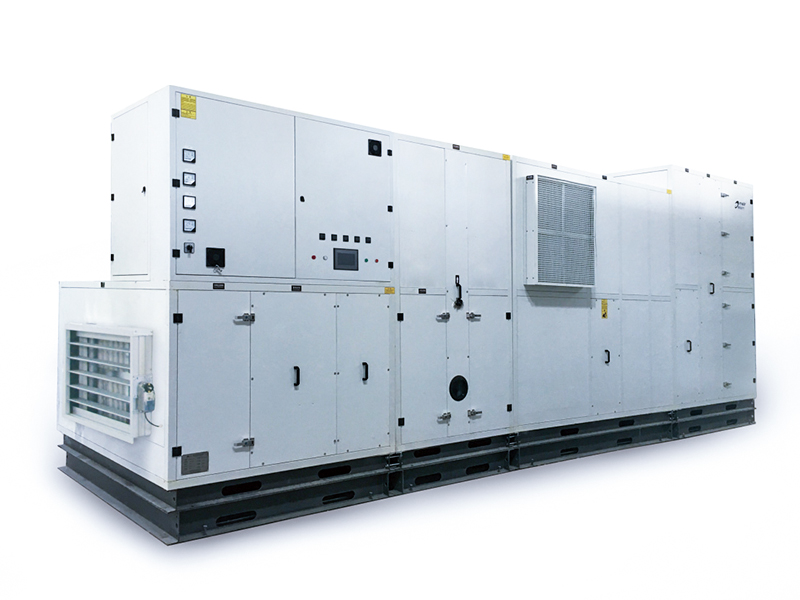Pharmaceutical dehumidifiers are beneficial in various pharmaceutical products and processes where precise humidity control is critical to maintaining product quality, stability, and safety. Some of the pharmaceutical products and processes that benefit the most from the use of dehumidifiers include:
1. Tablet and Capsule Manufacturing: Tablets and capsules often contain moisture-sensitive active ingredients and excipients. Dehumidifiers are essential to prevent clumping, ensure proper flow of powders, and maintain consistent dosages.
2. Vaccine Production: Vaccines require stringent humidity control to maintain stability and potency. Dehumidifiers help prevent degradation and ensure the effectiveness of vaccines.
3. Sterile Compounding: Facilities that compound sterile preparations, such as intravenous medications and ophthalmic solutions, rely on dehumidification to maintain sterile conditions and prevent contamination.
4. API (Active Pharmaceutical Ingredient) Production: The manufacturing of APIs demands precise humidity control to maintain the purity and quality of the ingredients used in various pharmaceutical formulations.

5. Powder Handling and Blending: Processes involving the handling and blending of powders, such as the preparation of dry powder inhalers and granulations, require humidity control to ensure consistent flow properties and uniform mixtures.
6. Cleanroom Environments: Cleanrooms used for pharmaceutical research, development, and production require strict humidity control to maintain the desired levels of cleanliness and prevent microbial contamination.
7. Storage of Sensitive Materials: Pharmaceuticals, raw materials, and intermediates often require controlled humidity storage to prevent deterioration and maintain shelf life. This is particularly important for hygroscopic materials.
8. Lyophilization (Freeze-Drying): Freeze-drying is a common process in pharmaceuticals. Dehumidifiers help control humidity during the freeze-drying process to preserve the stability and shelf life of lyophilized products.
9. Coating and Film Production: Pharmaceutical coatings and films, such as those used in oral thin films and controlled-release formulations, benefit from humidity control to ensure uniformity and adherence.
10. Biotechnology and Cell Culture: Bioprocessing facilities and cell culture labs require precise humidity control to maintain optimal conditions for cell growth, protein production, and biopharmaceutical manufacturing.
11. Quality Control Laboratories: Laboratories conducting pharmaceutical testing and quality control analyses often need controlled humidity environments to ensure the accuracy and reliability of results.



 English
English 简体中文
简体中文